5. From an unpopular question to National Geographic
Description
“I went to the woods because I wished to live deliberately, to front only the essential facts of life, and see if I could not learn what it had to teach, and not, when I came to die, discover that I had not lived.” - Henry David Thoreau.
Do you agree with Thoreau?
* How exactly do you live in the modern world without selling your soul to something you don’t believe in?
* Is the point just to work constantly, day in and day out, with a quiet desperation and need to get out—known only to ourselves?
* Is this the real reason why many feel lonely, even when they’re surrounded by friends and family?
If you’ve ever had to suddenly leave everything you know and love, to start a new life somewhere, temporarily or permanently—you’ll know what this means.
Whether you’re an avid traveler, researcher of the world, foreign student, immigrant or you just moved to a different city and state while you’re living in the US—this happens. The reason why loneliness happens—even around friends and family—has long been assumed to be due to physical solitude.
But how come research by the National Institute of Health suggests that loneliness happens to as many as 80% of those under 18 years of age—during a season of life when one is likely to be surrounded by friends and family?
Listen to this episode if you’re curious about the real reason why we feel lonely, even when we’re surrounded by friends and family, and if you want to know how exactly a National Geographic adventurer went from obscurity to getting paid doing what he loves.
—
In case you’re out and about without WiFi later, download this episode now.
Music: Silhouettes by Tobias Voigt (License code: 8IDBGGC5WXLDYLAU)
Previously:
In this episode:
Observing the Lone Wolf ideology in the US and worldwide: Is it better to go at it alone?
Inside the mind of a real hunter: What really goes on during the day
The origins of the individuality model: The rise and potential fall of an ironclad industry?
Going where no one wants to go: Findings from a 10-year journey into the unknown
Talking to others without really knowing what you’re doing: A riverside chronicle
Making difficult decisions: On whether to keep doing what you’re doing, or to leave
Building an Achilles-worthy muscle tone: from lifelong masters
Episode 5 TRANSCRIPT
THALIA:
This is something that 's been bugging me a lot, because, you know, because, ….
You know, you mentioned standards of measurements being very different in these different parts of the world. And here in the US, everything is about how much money you make, or how successful you are. And it's almost like we are gaming our life into getting as much, or as many things, Let's just get as much done as possible by our 20s or 30s, right?
And then there's no thinking. And there's, there's thoughtlessness almost in after that. So it's almost like there's no guidance. And then we're just kind of saying, “Oh, if you get all these degrees, accolades, it's all these things, then everything about your life is going to be great. But personally, I’m going to be very real right now with everyone. It's just kind of, and for a while, I thought that was like, well, yeah, of course. That's just how you're supposed to progress in life.
But then when I had my kids, it was just, it was absolute pain of realizing that I, I need to sleep, and I can't sleep, and I have nobody to turn to. Like, that's just kind of the feeling of that. Which shouldn't be the case for most parents and moms and dads.
And I remember stories from my mother told me stories. And, close your ears … this can get pretty graphic, but she was raised in the similar situations that you were describing, where the flock and the herd, everybody is involved. And so she was, it was just groups of kids always traveling everywhere. And even when I was a kid in Indonesia, it was just a group of kids. There's never really any adult. Occasionally you'll get, like, the 8 year old or 10 year old, 12 year old who's kind of the person in charge. And we just literally roamed the streets. We just went everywhere. Nobody cares.
HAZEN:
It was safe. You never had to worry about the weird neighbor because they weren't. Those people would all treat you as if they were your own. That's what I see in so many places in the world where in the United States, you would think of them ass-backwards or, you know, primitive or third world country.
And I think it's because of our society, like I was saying, we give accolades to those independent, go-getters. You know, I think we cherished them. “Oh, he's such an individual. He's so unique.” And that is great. That is great. And we can do that. But it creates a lot of … “Everybody is so different.”
They’ve been so self absorbed, or individual. Nobody's accountable. So you can get get the weird rapist dude who lives down the street. And there’s no accountability. That he’s there.
And I think in most places in the world, everybody knows each other so well that everybody is held accountable, and everybody is loved. Everybody has a common goal.
THALIA:
Everybody sort of knows each other to the point that, again, this might be the graphic bit, so everybody can cover their ears. They want to. But I remember my mom telling me that she was wet nursed by everybody who's in the community. And so there's never really any kind of pressure for, you know, moms and dads to take on everything on their own. It's always assumed that you'll have the support of everybody around you, right? And that you will support everybody around you as well.
Observing the Lone Wolf ideology in the US: Is it better to go at it alone?
THALIA:
So I want to talk about the … Sort of this image that seems to be projected a lot in a lot of these survival shows that you see today. That Lone Wolf superpower. And I kind of get, production-wise, why that happens.
But is there sort of like a gamification of the culture where people are daring people? “OKAY, I dare you to do that on your own. I dare you to survive on your own in the wild!” And they kind of want, it's almost like a spectacle where they—You know, I mean, I don't know if people can sit and eat popcorn. But they want to see what happens, and whether it's a good thing or a bad thing that's happening—It's almost like a sporting event.
Do you think that's the case? Or, why is it? Why is there such a particular focus on the lone wolf image?
HAZEN: It’s a Western thing, I will say. Let's just … An example of: America seems to be the trendsetter. I'm not going to, I mean, it's best to say, I quote and unquote—“modern world, or the Western world, the capitalist world”—They seem to be the trend setters, right? And the unfortunate thing is, they set these trends. And then, the world sort of follows. And I don't think—it's certainly not intentional. But it just sort of happens.
And we're talking about the individual being so independent, and being a lone wolf. And we're giving people. We sort of horribly respect that.
Whereas you can go to other parts of the world, where it's much more tribal or community oriented, and it's not good to be individualistic. It’s not good. Because that means you're just taking care of, you're just thinking of yourself. And in a tribe, you have to take care of everybody around you. And that is your happiness.
Here, we don't want to get burdened by our parents' living with us. Like, I mean, I can even understand, like, I can go, like, “I love my mom, but I don't really want her living here. Uh, maybe,” you know? But in other settings around the world, you do love. You do love that, like you do want. You want that. You want your parents to live with you. You want that. That's your happiness in life.
And here we find this happiness of just having our privacy. And having this stuff, and, OK, that's great. You're private, but you're also lonely. And we have more loneliness in this country than anywhere else in the world. We have more depression than anywhere else in the world.
And it all comes down to, the reason why I believe this is, because we've been trained to be individuals. We've been trained to go out on our own, leave everybody else behind, and forge a path for ourselves. That's great!
But as we're doing it, we're losing relationships. We’re losing friends. It's all about us. We become so incredibly self absorbed. we don't mean to. Nobody wants to call ourselves self-absorbed. But we really had to look out for number one to get where we are. And then once you're there, all you kind of care about is your own feelings.
And you can go into these third world countries, and their life … When you look at it, “Oh, man.” It could be dirty. You don't really have enough health care. Their food is substandard. And their life sucks. Around the world, the quality of life is not so great. But they’re, you know, not suffering from depression. Because they're more invested in …
They need to spend their energy making sure that everybody around them can get through the day and get happy. And that's their happiness.
And I think depression is really about how I feel, “Why is this happening to me?” I wish there was better terminology. But really, it is about how we feel.
And I think t

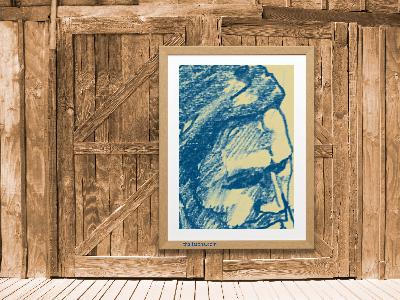

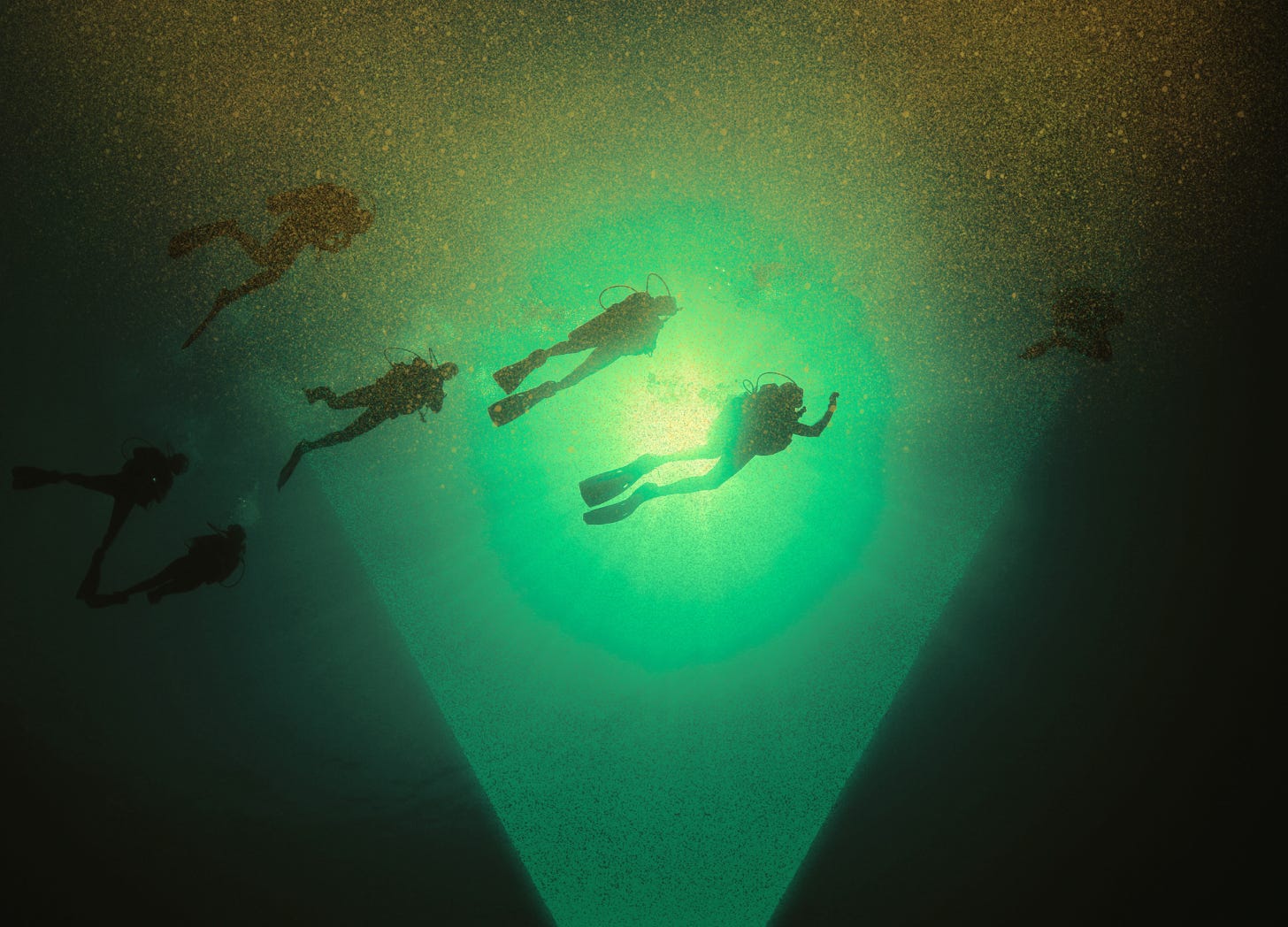

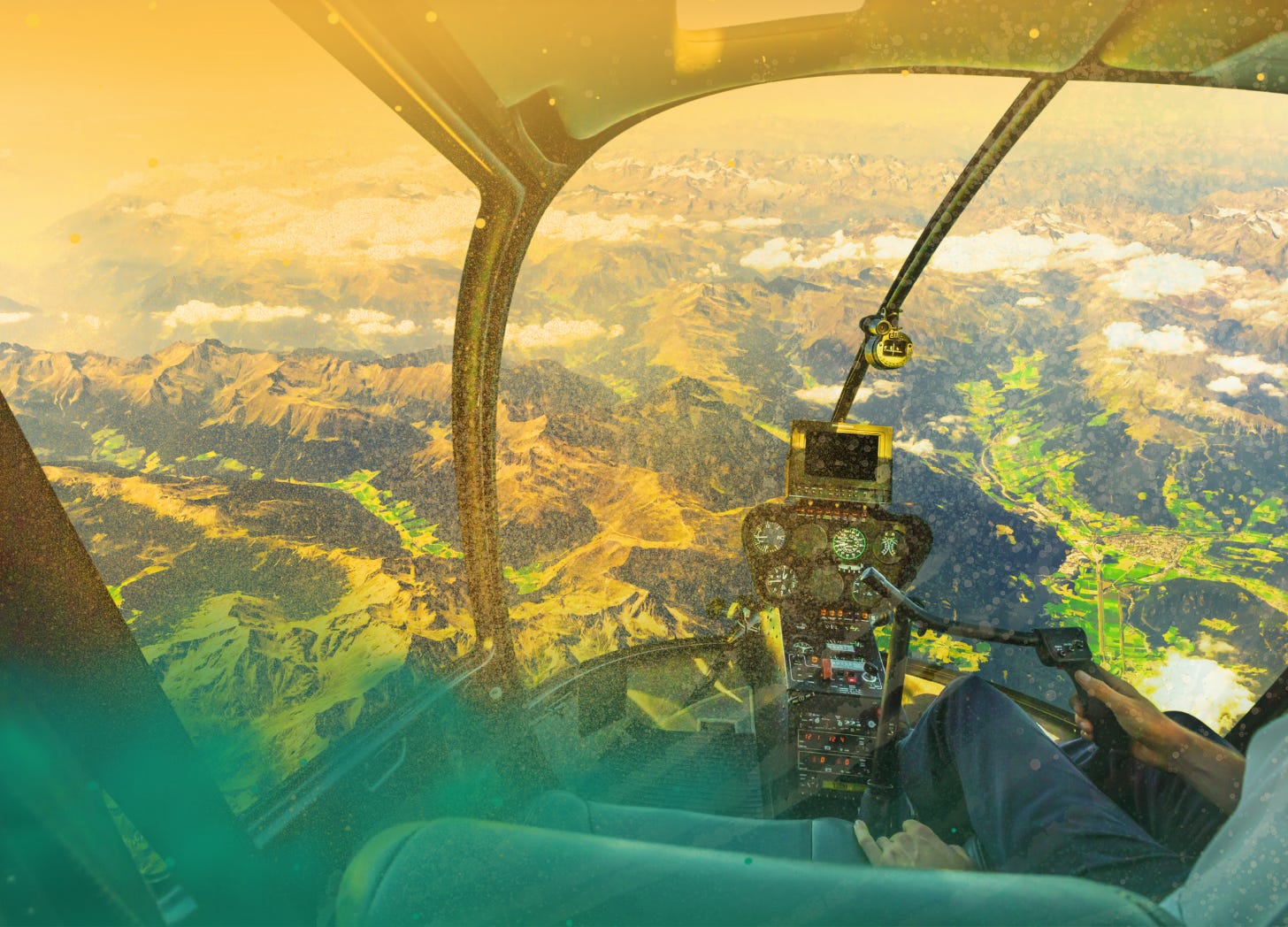
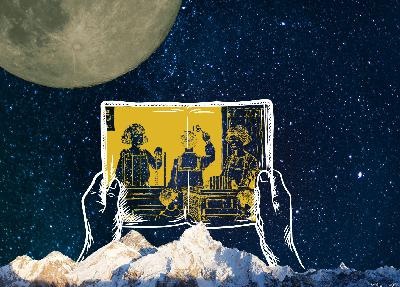
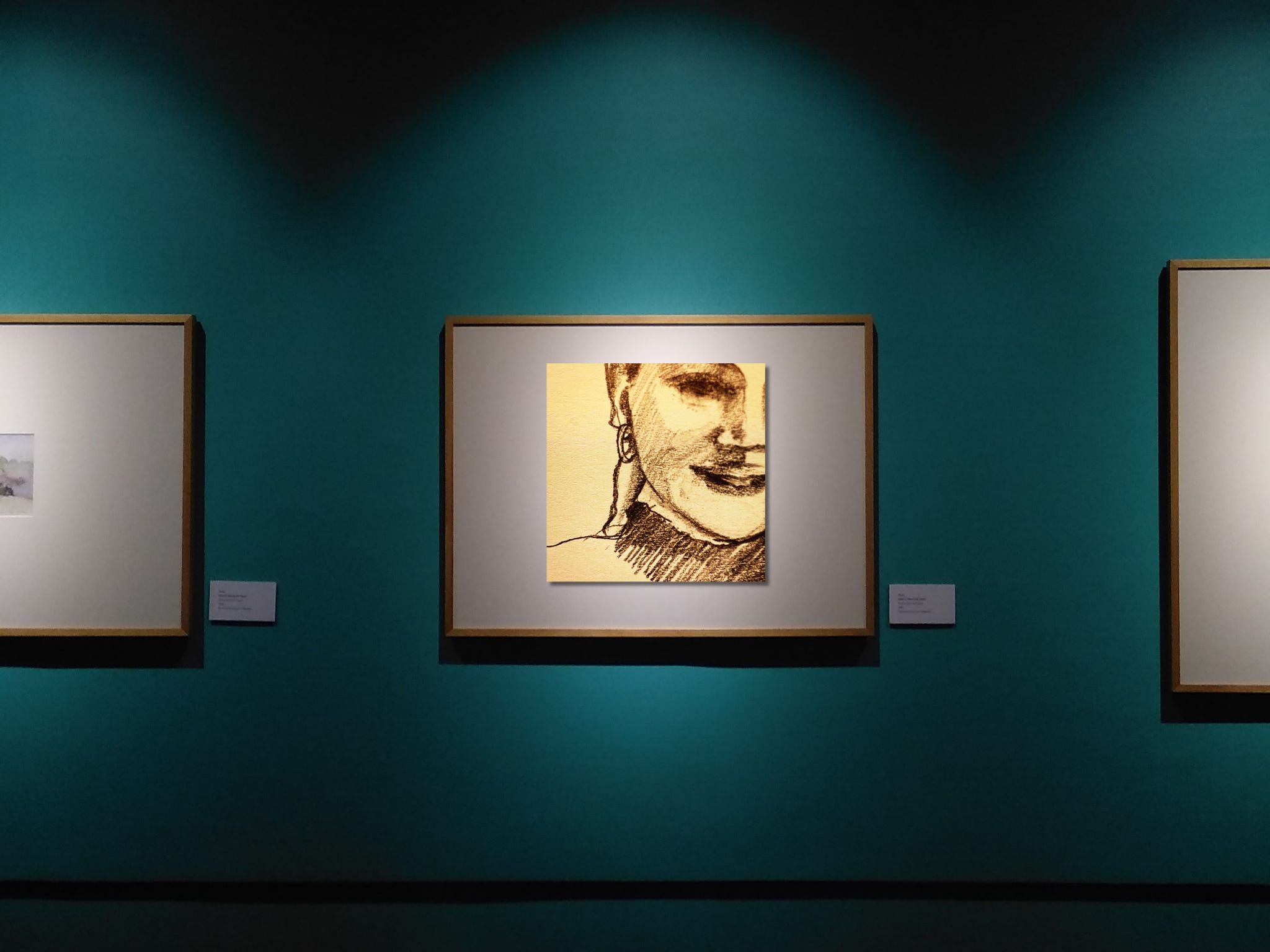
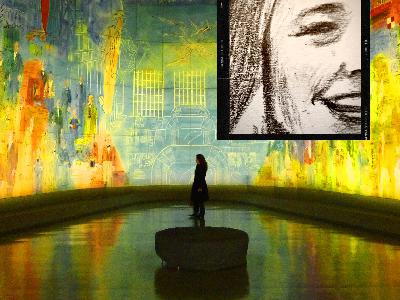
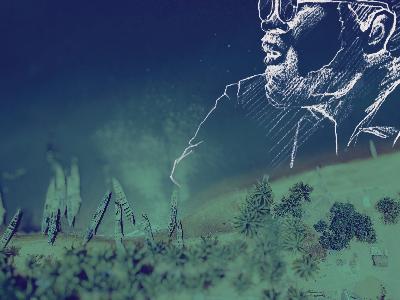



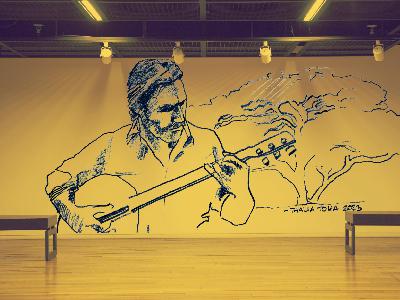


![1. Why we want to do everything at once [An Internal Logic] 1. Why we want to do everything at once [An Internal Logic]](https://substackcdn.com/feed/podcast/1909227/post/138192032/ed23403f2ddb56ee3e75c8377474e6fe.jpg)



